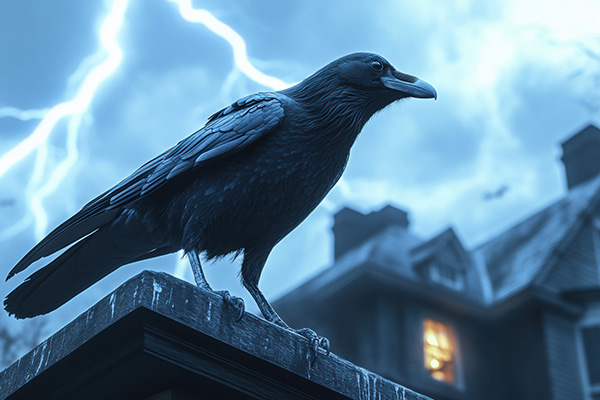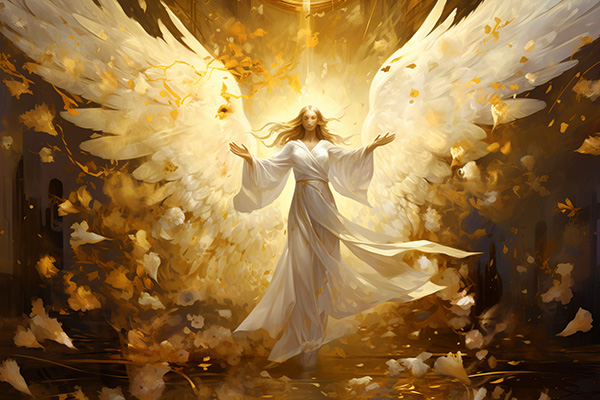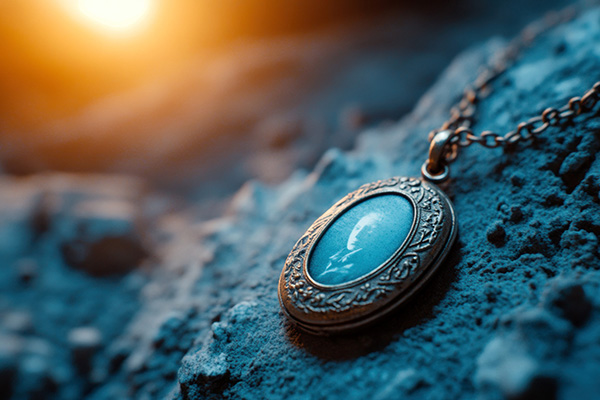christian mysticism
Why Some Of Us Must Walk Alone To Find Our Tribe
 The topic of belonging comes up a lot lately in conversations with close friends, and it is often a concern for my clients when I do readings. A rise in loneliness appears to be a worldwide issue.
The topic of belonging comes up a lot lately in conversations with close friends, and it is often a concern for my clients when I do readings. A rise in loneliness appears to be a worldwide issue.
A conversation I had with a Spanish family recently was truly food for thought for me. We spoke about the disconnect with people in general, but the family in question strives to maintain family meetings and chats over meals, even though the younger ones spend more and more time on their phones.
One of the younger family members, told me that having a sense of community is part of his family’s religious practice. He makes a conscious effort to be disciplined about phone use when the family comes together. Hopefully, he will educate more of his peers about the importance of being present for in-person connection.
Personally, I have always tended to shy away from group gatherings, but I must say that I have been impressed by the warmth of the locals here in Spain, and their desire to include me in their community.
A few years ago, when my husband died just before Christmas, my Spanish friends in the farming community where I lived at the time told me, in no uncertain terms, that I would be joining them for Christmas and New Year’s family gatherings. I told them I’d prefer to stay home, especially considering the snow the previous Christmas that had confined us to our property for a few days.
The Spiritual Power Of The Words You Speak
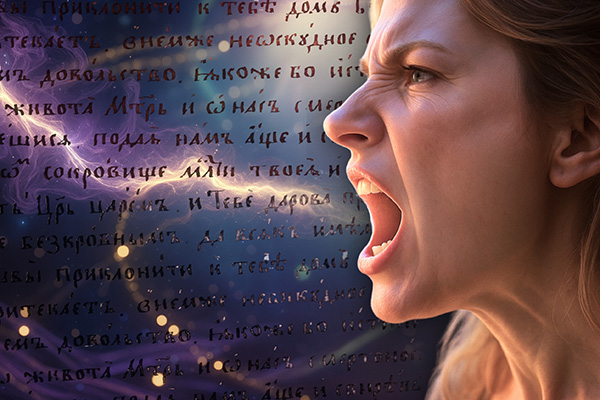 Have you ever stopped to truly consider the words you speak? Most of us talk all day, every day, without realizing the impact of each syllable we send out into the world.
Have you ever stopped to truly consider the words you speak? Most of us talk all day, every day, without realizing the impact of each syllable we send out into the world.
Words are much more than just communication sounds. They’re vibrations, frequencies, and intentions. Whether spoken softly, shouted out loud, or whispered quietly to yourself, every word carries mystical energy.
In many spiritual traditions, the spoken word is seen as a powerful metaphysical force or divine power. It is a force of creation and transformation.
From magical incantations to sacred ceremonies, words have long been used to shape everyday reality, influence the world and improve life.
The earliest recorded reference to the power of speech dates back to ancient Mesopotamia. In the city of Uruk, magical incantations were found carved onto clay tablets dating back to approximately the 5th century BCE. These spoken spells were used for protection, healing, and influencing others, revealing a deep understanding of the energetic and powerful nature of speech as early as 2,500 years ago.
Around the same time, the ancient Egyptians believed in the concept of heka, which is often translated today as “magic” but really means “divine creative power.” They believed the gods used heka to create the world, and that humans could access this same creative power through sacred words called hekau.
The Lesser-Known Art Of Trance Healing
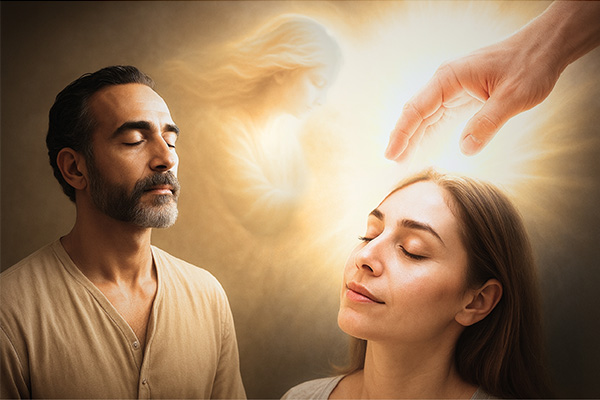 Many psychics and mediums are naturally drawn to healing and energy work. Many of us feel an innate pull toward alternative therapies, especially those that call upon the loving assistance of the spirit realm to heal the body, mind, and soul.
Many psychics and mediums are naturally drawn to healing and energy work. Many of us feel an innate pull toward alternative therapies, especially those that call upon the loving assistance of the spirit realm to heal the body, mind, and soul.
Whether we’re seeking healing for ourselves or exploring how other healers invite spirit intervention, the journey can be enlightening and transformative.
This interest in spirit-assisted healing became particularly strong for me recently when I visited a trance healer in Spain. He is a gifted medium and a highly respected healer, known both locally and in the United Kingdom.
There is something both grounding and ethereal about him, as though he walks the line between worlds with grace and strength. He has worked with spirit for most of his adult life. Even as a child, he had profound experiences with the unseen world.
As someone who works regularly with spirit in my own practice, I know how vital it is to tend to our physical, emotional, and spiritual well-being. He seems to understand this intuitively, and his healing touch addresses all of those aspects for me.
He practices trance healing. It’s different from the more traditional laying-on-of-hands and Reiki approaches. During our sessions, I feel intense waves of peace, warmth, and an almost electric tingling sensation, even though he never physically touches me. The energy flows through me with unmistakable potency, and it’s clear that something or someone from the spirit realm is orchestrating the experience.
Did Your Soul Choose Your Life Challenges?
 “Oh, why do I have such terrible karma?” or “Why does the universe keep throwing me curveballs?” or “Is God punishing me?” These are questions that clients often ask me when they face struggles in life.
“Oh, why do I have such terrible karma?” or “Why does the universe keep throwing me curveballs?” or “Is God punishing me?” These are questions that clients often ask me when they face struggles in life.
Spirit has repeatedly shown me in many readings over the years that we all have a kind of “architect’s plan” that we design before we incarnate into this life. This soul plan for our life journey lays out the lessons we’re going to learn and the experiences we’re going to have.
This spiritual principle is known by various names (depending on the context or belief system), including our spiritual blueprint, life design, divine plan, life script, soul contract, predestined path, and so on.
I prefer “architect’s plan” because it reminds me of the careful, meticulous planning an architect does when designing a new structure, long before the practical, hands-on construction takes place on site.
Like architects, we calmly and clearly create a plan for our life journey before we incarnate. It is only when we are here in the physical world to embody our plan that we fully experience the intensity and the many dangers and pitfalls that are part of our chosen journey, including all the fear, love, pain, hardship, joy, suffering, and everything in between.
Yes, it is hard to believe that we actually choose to face challenges and difficulties in our lives. But various spiritual traditions and esoteric philosophies tell us that our soul’s path is predestined or planned before we’re born, or at least that we have certain free will choices and options along the way.
